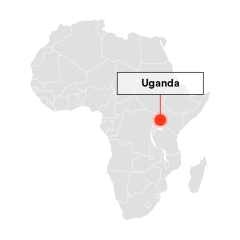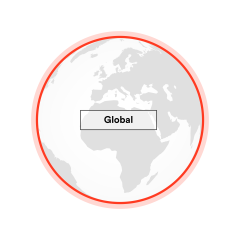Adapt a programme to context

Adapt a programme to context
Case Studies

In Uganda, where Spotlight Initiative programme was implementing the SASA! community mobilisation programme, the team adapted to the COVID-19 pandemic by creating safety circles to connect regularly via WhatsApp and text, and ensuring community activists and leaders checked in with at-risk women via phone or in-person while social distancing.
In refugee settings in Uganda, the rollout and scale-up of the SASA! programming supported an increase in reporting on intimate partner violence and child marriage, demonstrating that women felt more confident to report violence. 100% of these reported cases received at least one form of multi-sectoral intervention to support the survivor.
In the SASA! implementation communities, monitoring data shows that community leaders are gradually becoming partners in reporting such incidents and offering protection for survivors against retaliation. In addition, traditional courts are reporting sexual and gender-based violence to the appropriate authorities as a crime. Overall, data collected shows that there has been a positive influence on, and improved attitudes towards, power dynamics in relationships and within the broader community.



During COVID-19, Spotlight Initiative programmes needed to rapidly pivot programming to respond to the increase in violence against women and girls during the pandemic.
To meet the immediate needs of women and girls experiencing or at risk of violence, Spotlight Initiative Samoa programme took a flexible approach by repurposing its funds to work with the Ministry for Women, Community and Social Development and frontline service providers such as civil society organisations to create and distribute 400 “Prevention Packs” containing information and materials on COVID-19 and GBV translated in local languages to women and girls, including marginalised groups living in the outer islands, many of whom do not have access to radio or television. The packs included information on the heightened risks of VAWG during COVID-19, where and how to access crisis services, as well as sexual and reproductive health (SRHR) products.
In other contexts, in response to the pandemic, existing hotlines, shelters, one-stop centres, and mobile clinics were adapted to provide remote service delivery options. For example, Spotlight Initiative El Salvador programme strengthened the capacity of the one-stop centre “Ciudad Mujer”, including hiring six specialist psychologists and two mobile units. The programme also created a remote service model using existing tools such as WhatsApp, phone calls, text messages, and online chats to coordinate internally and provide remote care for survivors. Additional training and guidance were put in place to navigate anonymity and privacy issues, including document management and referrals to essential services. 7,686 calls were made to women, 103 WhatsApp groups were formed, and 102 cases of gender-based violence were attended to by psychologists.







